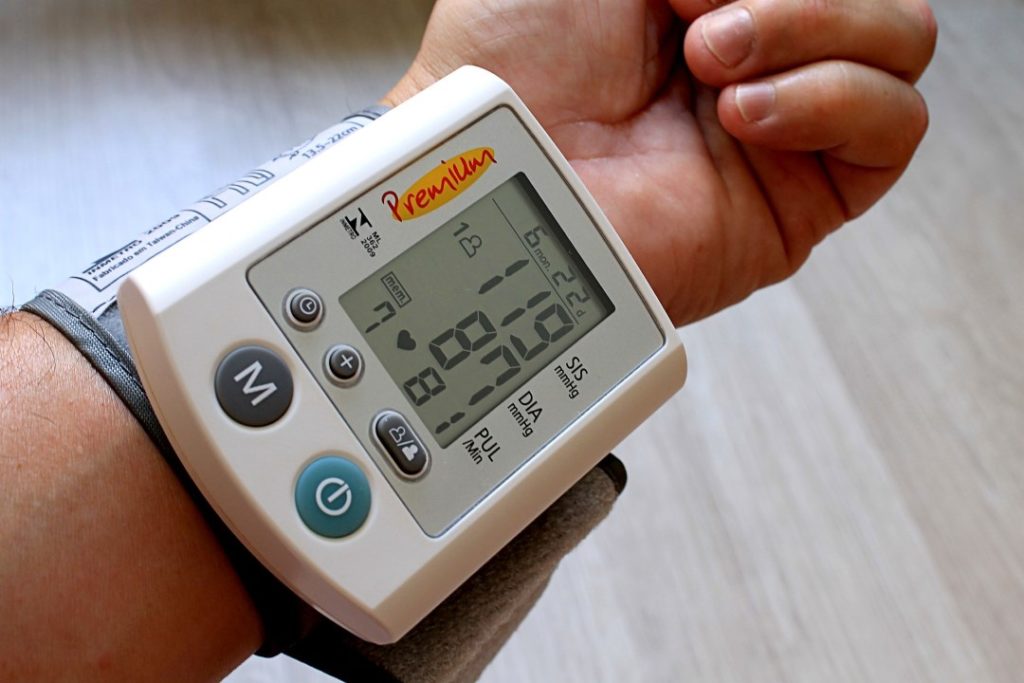
Contents
What is Labile Hypertension?
Labile means ever-changing, and in labile hypertension, blood pressure fluctuates far more than usual. Your blood pressure might soar from 119/76 mm Hg in morning to 170/104 mm Hg in evening. Whatever the cause, these transient episodes of hypertension can be dangerous and should be treated. Home blood pressure monitoring over a 24-hour period helps determine the best treatment strategy. You’re most likely to experience labile hypertension when you are in transition from normal to high blood pressure. Its duration can range from a few weeks to many years.Symptoms
Generally labile high blood pressure may show no symptoms as the fluctuations occur. However when the average blood pressure in the midst of these fluctuations is high enough individuals may experience the usual symptoms of high blood pressure such as headache, dizziness, weakness and others. In fact, labile hypertension may have the same end points as stable chronic hypertension which includes stroke, heart disease and heart failure. From that perspective labile high blood pressure is equally dangerous. Organ damage may also occur in some patients and the condition may even lead to chronic disability.Causes
- Labile high blood pressure has been linked in some people to a tumor called pheochromocytoma originating from the adrenal glands’ chromaffin cells. It results in the overproduction of catecholamines which are powerful hormones that induce high blood pressure and other symptoms. It is, however, a rare condition of a tumor. The presence of the tumor is established through urine and blood sample tests.
- Another reason for labile high blood pressure is white coat hypertension. This usually refers to doctor’s office readings of blood pressure which are higher than home blood pressure readings as a result of anxiety of being in a doctor’s office.
- Labile hypertension is very much associated with emotional responses in individuals and anesthesia for some. Severe reduction of arterial pressure can occur during anesthesia for some people.
- Consumption of caffeine is also associated with sudden blood pressure spikes.
- Excess sodium consumption is also a possible cause of this sub-type of hypertension. A significant number of people have remarkable salt sensitivity which causes blood pressure spikes at the consumption of a high sodium meal for example.
- For some people especially the elderly in the 60 plus year range, food intake may cause blood pressure to drop from normal to low or from an abnormally high to an abnormally low blood pressure reading.
Treatment
Due to the different mentioned causes of this type of high blood pressure, conventional hypertension medications may not be as effective. Doctors would rather prescribe anti-anxiety medications and other stress-relieving medications than the in effective anti-hypertensive drugs. Other practical measures individuals can take to oppose labile high blood pressure will include;- Regular aerobic activity
- Quitting smoking and drinking
- Eating foods that lower blood pressure
- Stress management on an ongoing basis
Visitor Rating: 5 Stars
Visitor Rating: 4 Stars